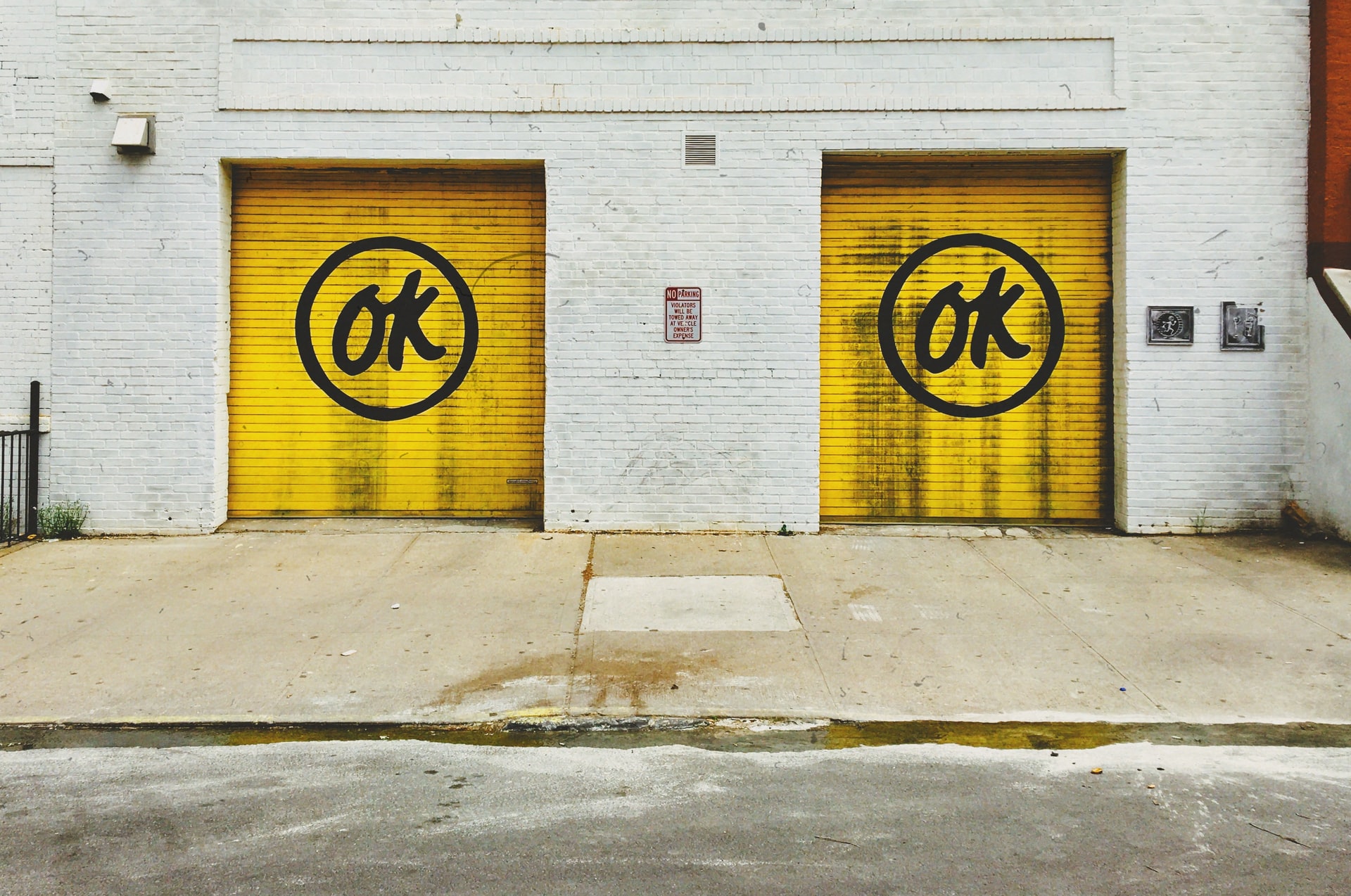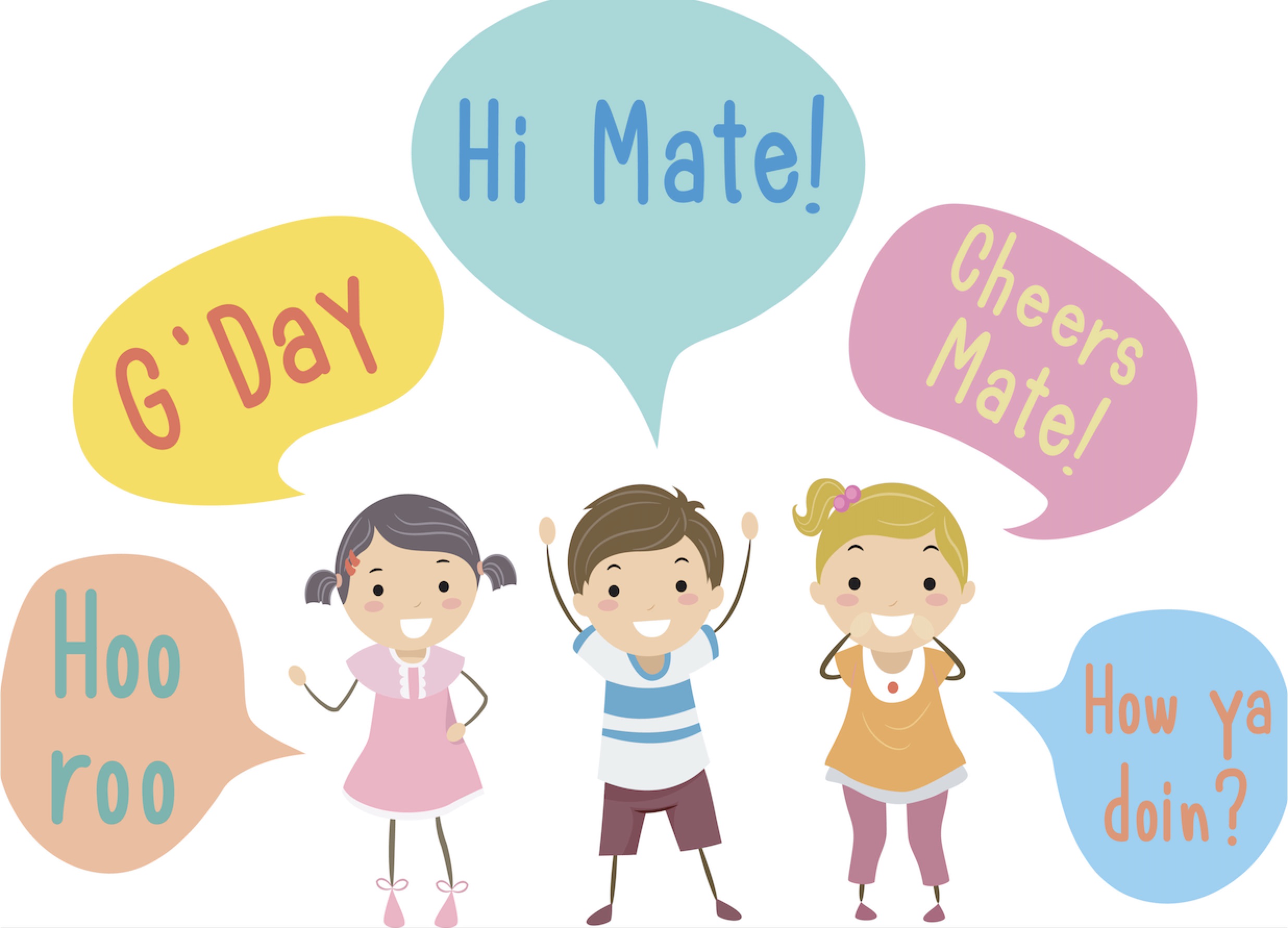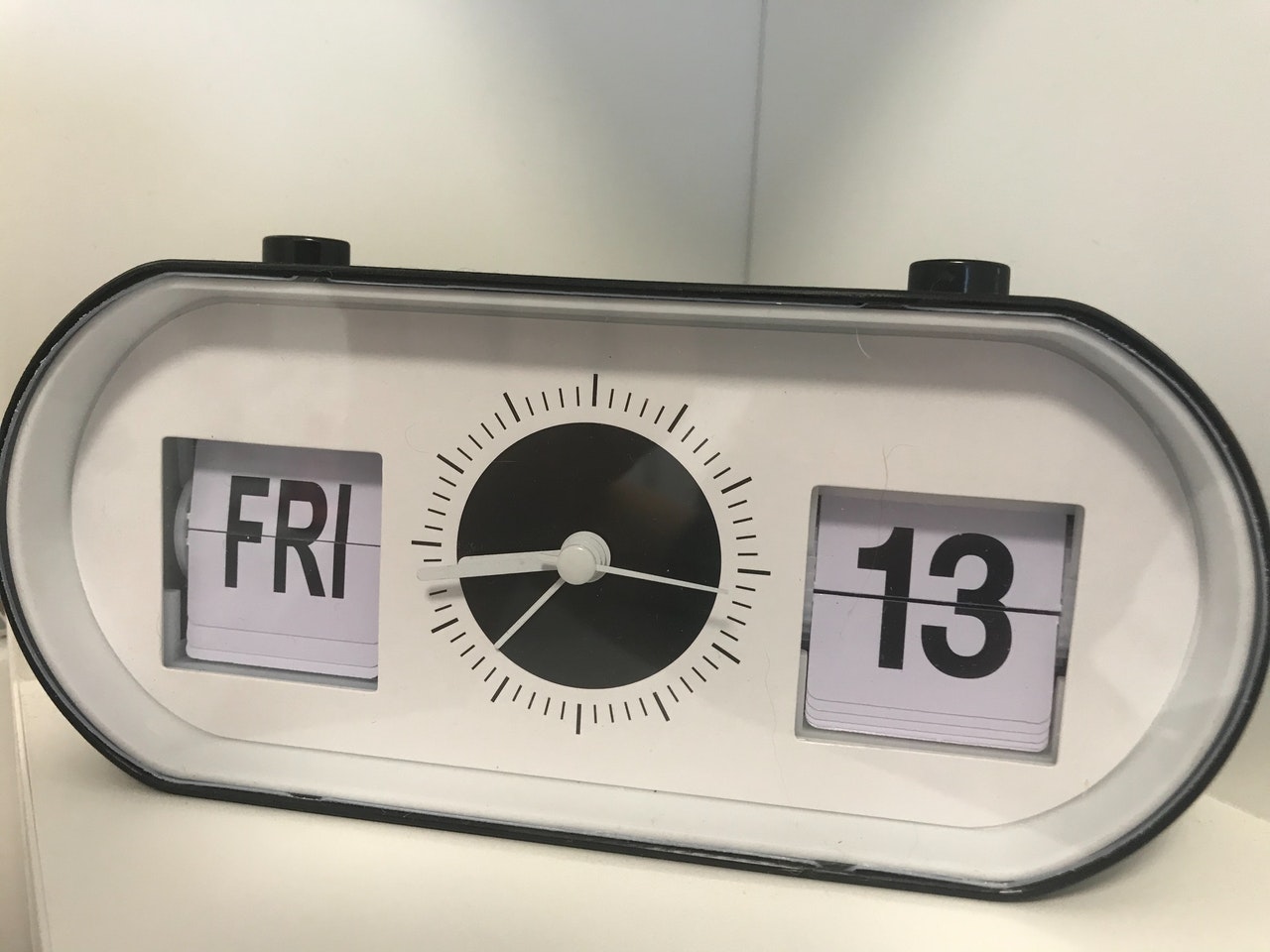Reading Time: 2 minutes
- Broadly, two criteria define a language and distinguish it from a dialect: political and social.
- In the political view, languages are ‘prestigious’, are both spoken & written and should have grammar, vocabulary and syntax (ability of words to come together to create well-formed sentences) to enable it to be used as “official”.
- Dialects, on the other hand, are only spoken; they are unofficial and thus are not hugely respected.
- Because languages are prestigious and dialects are not, no country would want to ‘devalue’ its language by calling it a dialect of some other language, no matter how close that ‘language’ is to the language of the neighbouring country.
- For example, people of Norway, Sweden & Denmark can comfortably understand each other but none would call their language a dialect of the other.
- That is what brings us to the second criterion: understanding, the social aspect of defining a language.
- In the social view, if two related kinds of speech are so close that the speakers can understand ‘each other’ (without having learnt it as a foreign language), they are dialects of the same language.
- “Each Other” is very important e.g. people of Netherlands can understand German pretty well but people of Germany can’t understand Dutch (language of Netherlands), so they are different languages.
- Having said that, the social aspect of language has always been very tricky and that is where micro-criteria for language come in.
- Micro-criterion 1: It should have vitality; i.e. it should be used extensively both inside and outside homes, by all generations, and for most, if not all topics.
- UNESCO’s criteria for vitality can be read here.
- Micro-crietrion 2: It should have autonomy i.e. it should feel different from other languages, but this criterion can be subjective.
- Micro-criterion 3: It should have norms or rules i.e. you should be able to identify good speakers from the bad speakers; this is an offshoot of a language having a grammar, syntax and vocabulary because these define whether someone is a good speaker or a bad speaker of the language.
- Micro-criteria can go on and on and that is what makes “language Vs. dialect” a grey area, which has also led to many controversies in history.
Image courtesy of Leonardo Toshiro Okubo through Unsplash






















